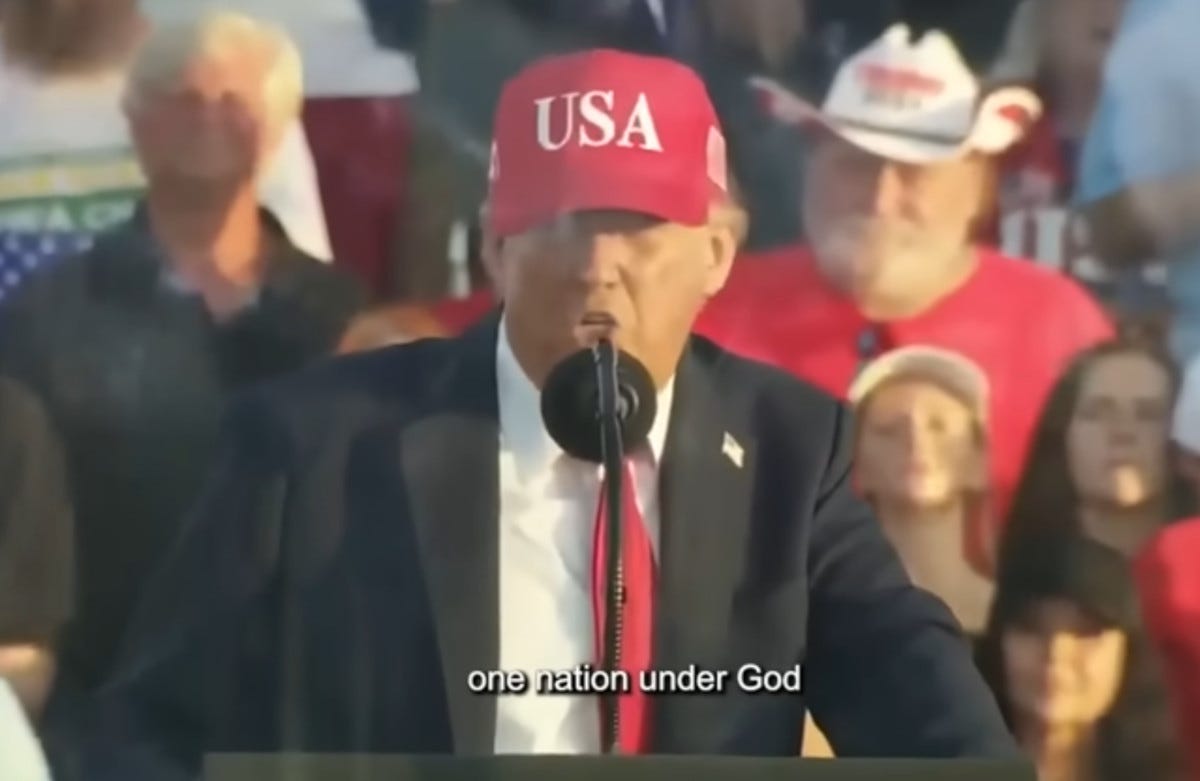Trump perverts Christian teaching as he uses believers to advance political agenda
White House issues guidelines to follow in praying for the country
Donald Trump has long fancied himself becoming some sort of king for the United States, although recently he has used the word “dictator.” Now, it appears, he also wants to be the country’s high priest.
With great fanfare and a presidential appearance at the Museu…



